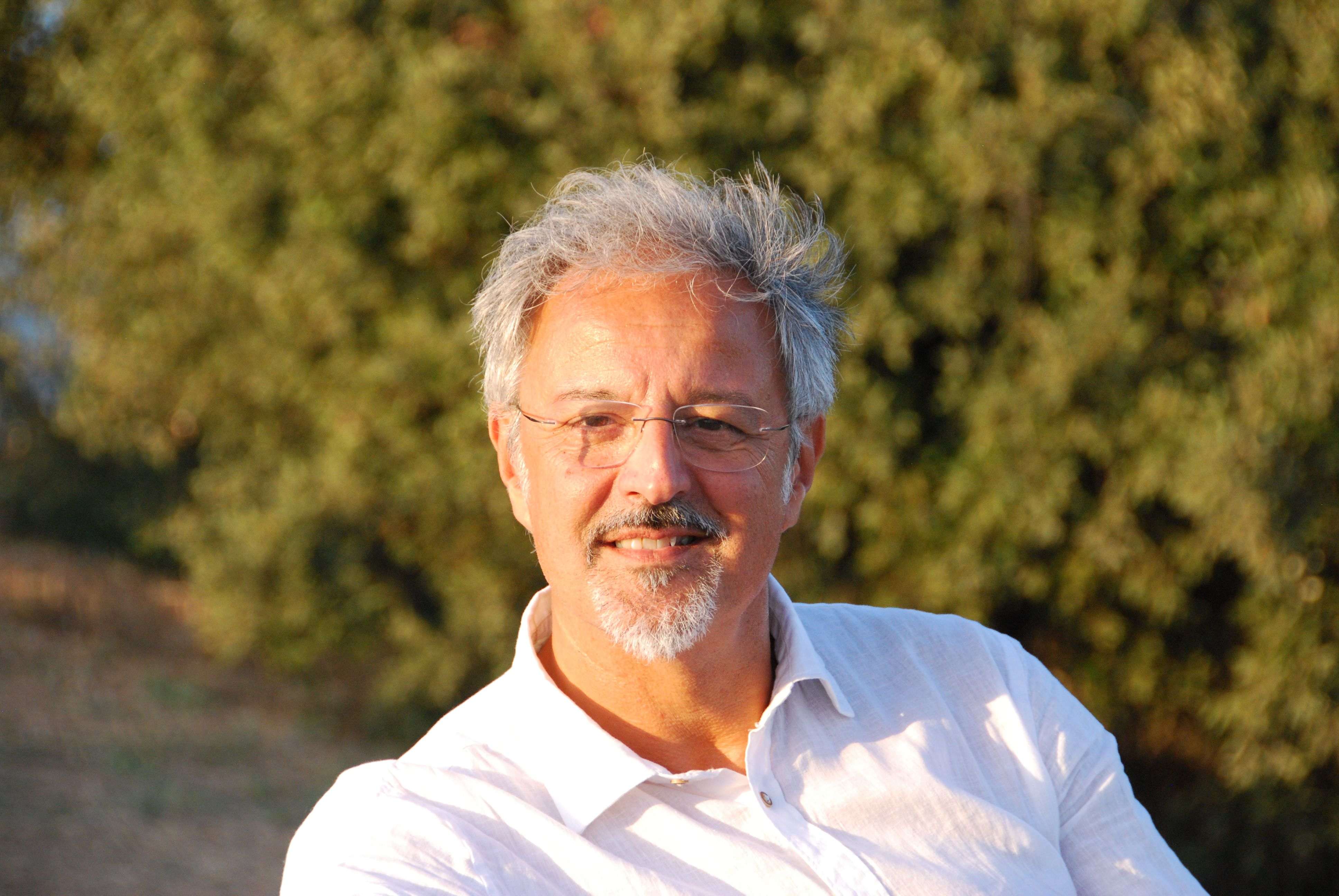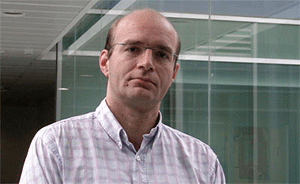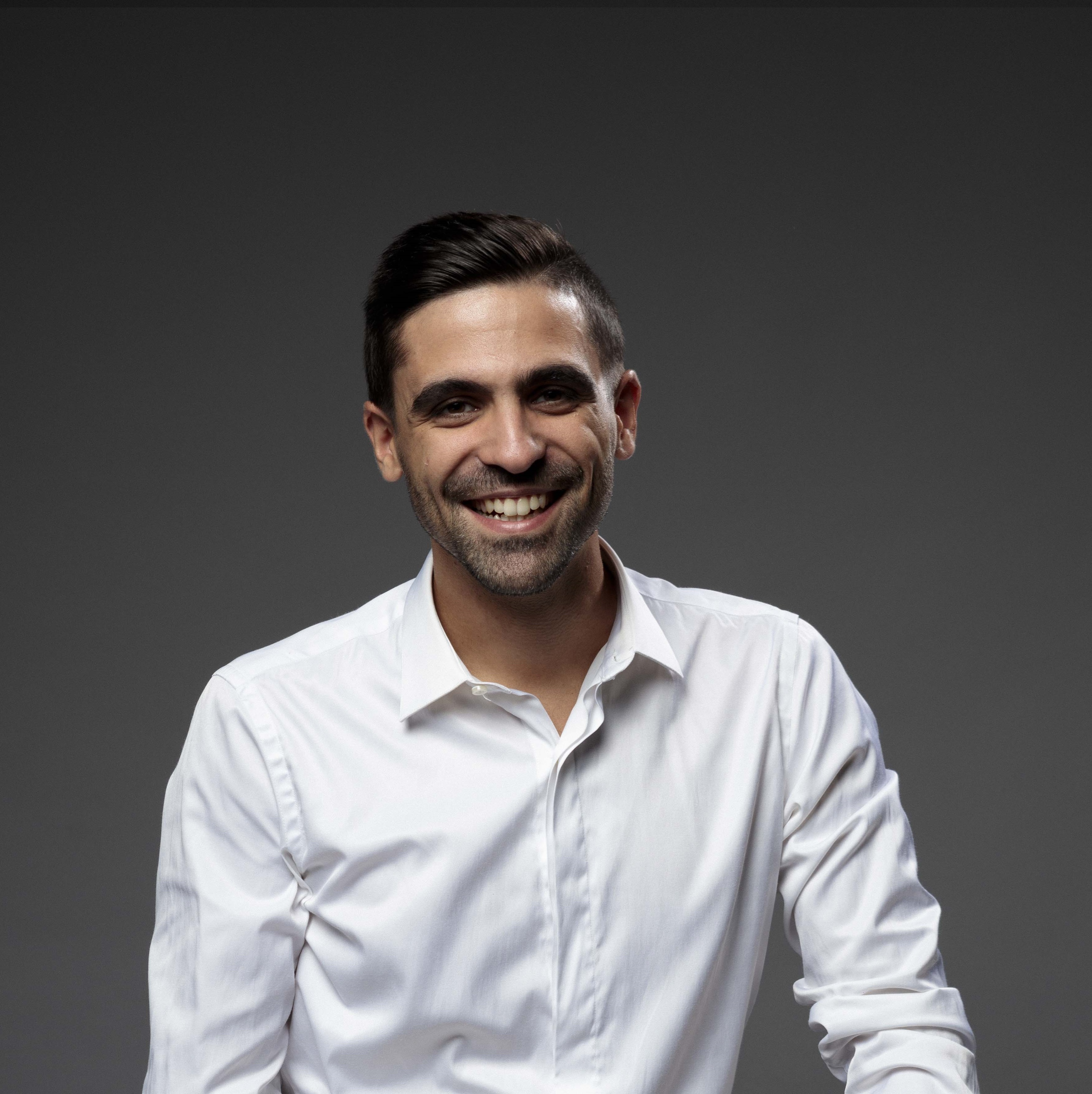Keynotes
PRO-VE 2025 Keynotes
7 minutes
Hybrid Human-AI Collaborative Networks

26th IFIP/SOCOLNET Working Conference on Virtual Enterprises
Porto, Portugal
27-29 October, 2025


Dino Pedreschi
Full Professor
University of Pisa
Plenary Keynote
Human-AI Coevolution
Abstract
Human-AI coevolution, a process in which humans and AI algorithms continuously influence and adapt to each other, increasingly characterises our society. AI-based recommender systems, including generative-AI-based tools, play a prominent role in human-AI coevolution, as they permeate many facets of daily life and influence human behaviour on online platforms, such as social media, online marketplaces, geographic mapping and chatbots. The interaction between humans and AI-based recommenders generates a feedback loop: users’ choices shape the data used to train algorithms, and in turn, these algorithms influence future user choices, initiating a potentially never-ending cycle. This feedback loop may lead to unexpected and often unintended social consequences; nonetheless, it is understudied in AI and complexity science. Our research aims at forging a synergy between AI and complexity science to address several challenges:
- understanding human-AI coevolution studying the feedback loop’s effect on the structure and dynamics of AI-aided complex systems;
- modelling the fundamental mechanisms of human-AI coevolution to capture specific and universally emerging patterns;
- governing human-AI coevolution developing complexity-informed machine learning models to manage the systemic feedback loop’s effects;
- designing a framework of responsible and transparent AI-based recommenders to dynamically balance individual and collective goals.
These research activities are grounded in empirical and simulation-based experiments on four key human-AI ecosystems: social media, geographic mapping, online retail, and chatbots based on large language models. We aim at advancing an open science of human-AI coevolution able to understand the impact of AI-based recommenders on society and develop potential tools to manage it.
Speaker Short Bio.
Dino Pedreschi is a professor of computer science at the University of Pisa, and a pioneering scientist in data science and artificial intelligence. He co-leads the Pisa KDD Lab - Knowledge Discovery and Data Mining Laboratory, a joint research initiative of the University of Pisa, Scuola Normale Superiore and the Italian National Research Council - CNR. His research contributions span on big data analytics and mining, machine learning and AI, and their impact on society: human mobility and sustainable cities, social network analysis, complex social and economic systems, data ethics, bias and discrimination analysis, privacy-preserving data analytics, explainable AI, governance of AI. His scientific production has received more than 20K citations, with an h-index of 69 (source: GS, October 2024). He is currently shaping the research frontier of Human-centered Artificial Intelligence, as a leading figure in the European network of research labs Humane-AI-Net (scientific director of “Social AI”) and proponent of the research line on human-AI coevolution. He is a founder of SoBigData.eu, the European H2020 Research Infrastructure “Big Data Analytics and Social Mining Ecosystem”. Dino is currently Italy’s nominated expert of the Responsible AI working group of GPAI – the Global Partnership on AI, the director of the Italian National PhD Program in Artificial Intelligence, and the coordinator of the project “Human-centered AI” within the Next Generation EU Partnership “FAIR – Future AI Research”.

Vicente Traver
Full Professor
Universitat Politécnica de València
Plenary Keynote
Process Mining, Ia And Collaboration With Decision Makers To Make Sustainable Value Based Healthcare Systems
Abstract
Process mining is essential to move beyond isolated data analysis and uncover the real operational pathways in healthcare systems. Unlike data mining, process mining leverages AI techniques to extract and model end-to-end processes, offering insights into how care actually works and should work. This approach empowers collaboration with decision makers to identify and optimize value-generating pathways. By engaging stakeholders in co-creating sustainable process designs, we can achieve better health outcomes and contribute to the sustainability of our healthcare systems, making it easier to adopt innovations identified in these collaborative processes. The keynote will showcase real-world examples of value generation and share key lessons learned that can be scaled to other fields.
Speaker Short Bio.
Ph.D. (2004) in Telecommunications Engineering by Universitat Politécnica de Valencia. Head of innovative Technologies for Health & Wellbeing (SABIEN) at the ITACA Institute. Assistant Professor at Universitat Politécnica de Valencia. He has participated in more than 65 EU funded projects (from IV till H2020, Erasmus+ and EIT Health), Spanish funded projects and taken part in multiple research agreements with companies, dealing most of them with digital health. He has published more than 140 technical papers in national and international journals and has participated in several seminars and conferences as invited speaker. Member of international scientific congresses committees. WHO expert for related aspects dealing with digital health and organizer of WHO training camps on big data and innovation adoption. Associated Editor of IEEE-JBHI Conference Full list of publications available here.

Bruno Silva
Head of Research
Muvu Technologies
Industry Keynote
Bridging Intelligence: Human-in-the-Loop AI for Predictive Quality in Industrial Operations
Abstract
In industrial environments, the effective application of Artificial Intelligence requires more than data and algorithms, it demands the integration of people. This keynote explores how Human-in-the-Loop AI systems can enhance predictive quality in manufacturing, based on real-world implementations in factory settings. Drawing from practical experience, it examines how engineers, shift supervisors, operators, and AI systems can collaborate in hybrid networks to improve decision-making, adaptability, and trust in AI. The session reflects on the organizational, cultural, and technological challenges of embedding AI in production processes, and how collaborative design is key to unlocking its full potential.
Speaker Short Bio.
Bruno Lopes e Silva is the Head of R&D at Muvu Technologies. He earned his PhD in Artificial Intelligence for Production Processes from UPC Barcelona Tech (Spain) and was awarded the prestigious National Young Engineer Prize 2024 by the Portuguese Order of Engineers. He holds a MSc in Electrical and Computer Engineering from the Polytechnic of Leiria (Portugal), where he also serves as a visiting Assistant Professor in the Department of Electrical Engineering. Additionally, he is a Researcher at IRI CSIC‑UPC (Barcelona). With strong experience in Digitalization, Machine Learning, and Industry 4.0, his work focuses on deploying real-world predictive‑quality AI systems on factory shopfloors.
Previous Invited Keynote Speakers
PRO-VE 2024

Christophe Maurin
GEODIS, France

Kirsimarja Blomqvist
LUT Business School, Finland

Frederick Benaben
IMT Mines Albi, France; Georgia Tech, USA; Beijing JiaoTong University, China
PRO-VE 2023
Prof. Jan Olhager
Lund University, Sweden
Javier Orozco
European Commission
Prof. Sergio Terzi
Politecnico de Milano, Italy
PRO-VE 2022
Dimitris Kyritsis
EPFL, Switzerland
Massimiliano Luca Dragoni
European Commission
Salvatore Ammirato
University of Calabria, Italy
PRO-VE 2021
Prof. Dmitry Ivanov
Berlin School of Economics and Law, Germany
Prof. Jose Arturo Garza-Reyes
University of Derby, GB, UK
Jean-Luc Garnier
Thales Group, France
PRO-VE 2020
Dr. David E Hawkins
Institute for Collaborative Working, Spain
Dr. Alfons Cornella
Institute of Next and Infonomia, Spain
Dr. Joaquin Soriano
Quality Clarios EMEA, Spain
PRO-VE 2019
Prof. Klaus-Dieter Thoben
University of Bremen, Germany
Prof. Dr. Paulo Leitão
Polytechnic Institute of Bragança, Portugal
PRO-VE 2018
Dr. Hans Schaffers
Radboud University and Adventure Research, Netherlands
Prof. Volker Stich
RWTH Aachen University, Germany
Prof. Americo Azevedo
University of Porto, Portugal
PRO-VE 2017
Prof. Robert Meijer
University of Amsterdam and TNO, Netherlands
Prof. Torben Bach Pedersen
Aalborg University, Denmark
PRO-VE 2016
Dr. Paul Smart
University of Southampton, UK
Prof. Kathleen M. Carley
Carnegie Mellon University, USA
PRO-VE 2015
Prof. François Charoy
University of Lorraine, France
Prof. Bernard Grabot
National Engineering School of Tarbes, France
Prof. Jose Julio Gonzales
University of Agder & Gjovik University College, Norway
PRO-VE 2014
Assoc. Prof. Mehdi Dastani
Utrecht University, Netherlands
Dr. Erastos Filos
European Commission, Belgium
Prof. John Fitzgerald
Newcastle University, UK
PRO-VE 2013
Prof. Dr. Engelbert Westkämper
IPA Fraunhofer, Germany
Prof. Dr. Noshir Contractor
Northwestern University, USA
PRO-VE 2012
Dr. Kyrill Meyer
University Leipzig, Germany
Dr. Rob Dekkers
University of West of Scotland, UK
PRO-VE 2011
Dr. Wilfried Elmenreich
University of Klagenfurt, Austria
PRO-VE 2010
Dr. Juan Carlos Augusto
University of Ulster at Jordanstown, UK
Prof. Benoit Montreuil
Laval University, Canada
PRO-VE 2009
Prof. Wil van der Aalst
Technische Universiteit Eindhoven, Netherlands
Dr. Theologos Athanaselis
Democritus University of Thrace, Greece
Dr. Stylianos Hatzipanagos
King's College London, UK
PRO-VE 2008
Prof. Wouter Los
University of Amsterdam, The Netherlands
Prof. Krzysztof Zielinski
AGH University of Science and Technology Krakow, Poland
PRO-VE 2007
Dr. Rainer Ruggaber
SAP, Germany
Prof. Luís M. Camarinha-Matos
Nova University of Lisbon / Uninova, Portugal
Dr. Erastos Filos
European Commission, Belgium
PRO-VE 2006
Prof. Simon Jones
University of Amsterdam, The Netherlands
PRO-VE 2005
Prof. Shimon Y. Nof
Purdue University, USA
PRO-VE 2004
Dr. Arian Zwegers
European Commission, Belgium
PRO-VE 2003
Prof. Max von Zedtwitz
Tsinghua University, China
Dr. Isidro Laso
European Commission, Belgium
PRO-VE 2002
Dr. Jesus Villasante
European Commission, Belgium
PRO-VE 2000
Dr. Ted Goranson
Sirius-Beta, USA
Hermano Cintra
Neomarkets, Brazil
Dr. Erastos Filosz
European Commission, Belgium
Dr. Marina Manzoni
European Commission, Belgium
PRO-VE 1999
Dr. Erastos Filo
European Commission, Belgium